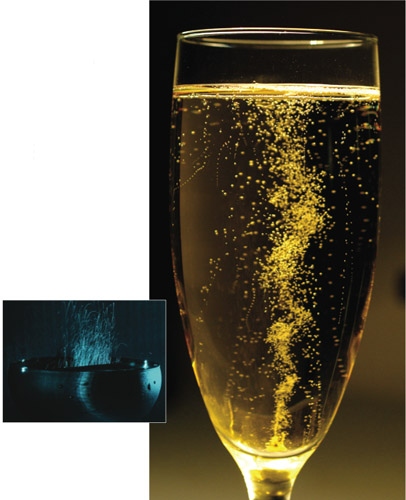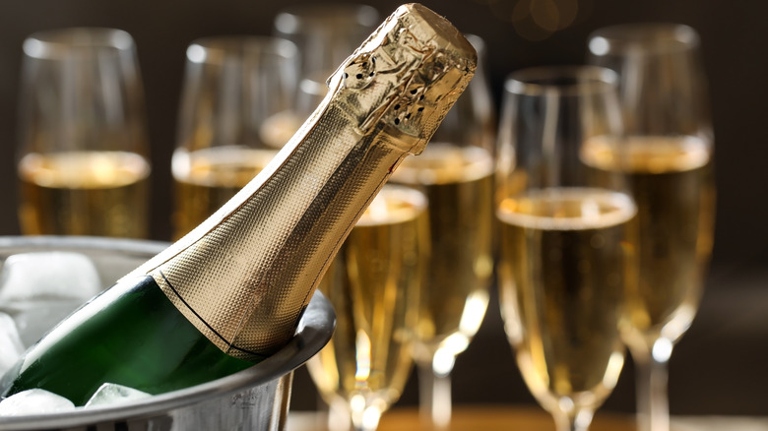Wine is often thought of as a drink that is not carbonated, but this is not always the case. Wine can be carbonated, and it can be either natural or artificial. Natural carbonation occurs when the wine is fermented with carbon dioxide, and artificial carbonation occurs when carbon dioxide is added to the wine.
Carbonated Beer
Carbonated beer is beer that has been infused with carbon dioxide gas. The carbon dioxide gas gives the beer its fizzy, bubbly texture. Carbonated beer is often served chilled and is a refreshing alternative to non-carbonated beer. There are two main types of carbonated beer: naturally carbonated and artificially carbonated.
Carbonated Wines
Many people enjoy the bubbles in carbonated wines, and they can be a refreshing change from still wines. However, carbonation can also change the taste and mouthfeel of a wine, so it is important to know what to expect before you purchase a carbonated wine. The carbonation can be natural, occurring during fermentation, or it can be added later. Carbonated wines are those that have been infused with carbon dioxide gas.
Sparkling Champagne
Is wine carbonated? When it comes to wine, there are many different types and styles to choose from. And if so, is it natural or artificial? But what about carbonation?

The carbonation is a result of the fermentation process, and it is what gives champagne its signature bubbles. When it comes to sparkling wine, or champagne, the carbonation is always natural.
So, next time you pop open a bottle of champagne, you can be sure that the bubbles are 100% natural!
Other Sparkling Wines
In fact, some of the most popular sparkling wines are carbonated. But what exactly is carbonation, and how is it made? Not all wines are carbonated, but many are.

This can be done artificially, by injecting CO2 into the wine, or naturally, by allowing the wine to ferment in a closed container. Carbonation is the process of adding carbon dioxide to a liquid.
However, this is not always the case. Many people believe that carbonation is what makes wine taste “fizzy”. In fact, some wines are only slightly carbonated, and others are not carbonated at all.
But don’t worry, it’s not necessarily a bad thing. So, if you’re wondering if your favorite wine is carbonated, the answer is probably yes. In fact, many people believe that carbonation can actually improve the flavor of wine.
Frequently Asked Questions
1. Is wine carbonated?
Yes, wine can be carbonated. Carbonation can occur naturally in wine, or it can be added by the winemaker.
2. How does carbonation occur naturally in wine?
Carbonation in wine can occur when the wine is bottled before all of the yeast has died. The yeast will continue to eat the sugar in the wine and produce carbon dioxide gas. This gas will be trapped in the bottle and dissolve into the wine, giving it a sparkling quality.
3. How do winemakers carbonate wine?
Winemakers can carbonate wine by adding carbon dioxide gas to the wine. This is usually done before bottling.
4. Is carbonation bad for wine?
No, carbonation is not bad for wine. In fact, many people enjoy the sparkling quality that carbonation gives to wine.
5. Will carbonation change the taste of wine?
Yes, carbonation will change the taste of wine. The carbon dioxide gas will add a slightly acidic taste to the wine.
Final thoughts
Carbonation in wine is not a new phenomenon. It has been around for centuries and is a result of the natural process of fermentation. Carbonation is not an additive, and it is not artificial. It is a natural process that occurs when yeast ferments the sugars in grape juice. The carbon dioxide that is produced during fermentation is what gives wine its fizz.
